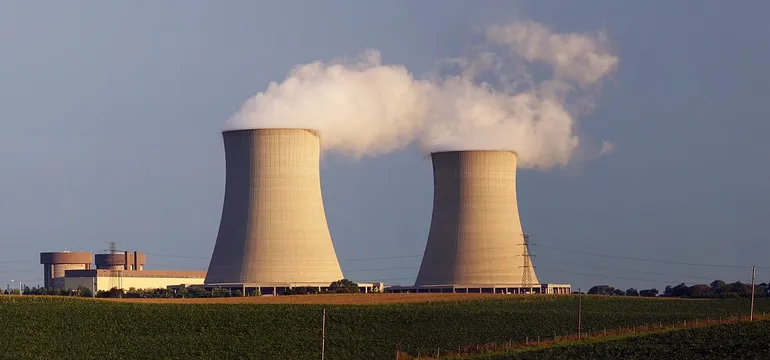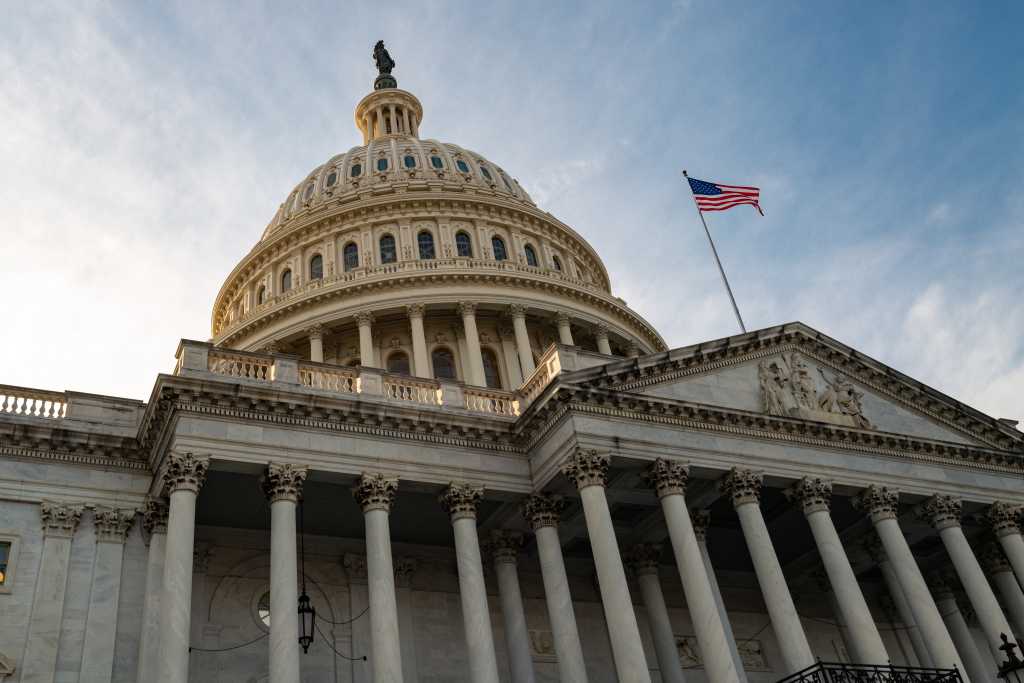
If Shell Plc were to acquire BP Plc, it would be among the largest deals in European history, creating for the first time a European oil major that could challenge industry leaders Exxon Mobil Corp. and Chevron Corp.
The circumstances for such a takeover might not be auspicious for BP — its shares have lost almost a third of their value in the last year and investors are unconvinced by the company’s turnaround plan — but the deal would be transformative for Shell.
Since Bloomberg reported that Shell has been studying the merits of an acquisition — something both companies have so far declined to comment on — analysts have been gaming out both the upsides and downsides. Here are some of their conclusions:
Oil Behemoth
Combining the two London-based oil majors would create an energy giant with upstream oil and gas production of nearly 5 million barrels of oil equivalent a day, according to UBS Group. This would be an 85% increase from Shell’s current output of about 2.7 million barrels a day, making the combined company the largest investor-owned oil and gas producer. Exxon produced an average of 4.6 million barrels of oil equivalent a day in the first quarter, while Chevron pumped 3.4 million a day.
Adding BPX, the Denver-based US shale unit, to Shell’s portfolio would go some way to correct the company’s decision to sell its business in the Permian basin to ConocoPhillips in 2021, just before the industry experienced a major boom. Shell’s then-upstream director, Wael Sawan, is now chief executive officer.
LNG Dominance
Shell is already the world’s largest seller of liquefied natural gas, and acquiring BP would propel the business “to new heights,” said RBC. The combined companies’ LNG sales would jump to more than 90 million tonnes a year, representing more than 20% of the global market today.
Such a large globe-spanning position would unlock further opportunities for trading and optimization, a key driver of LNG profit given recent volatility in natural gas prices. Bringing two sizable fleets of LNG tankers together could also provide substantial cost savings on shipping.
Trading Expansion
BP and Shell are already among the world’s largest traders of commodities, with their many physical assets from refineries to pipelines giving them valuable insights into the market.
The units are opaque, but the companies have revealed some clues about their value. BP traders delivered an average uplift of about 4% to the company’s return on capital during the last five years. For Shell traders over the last decade, that figure was similar at 2% to 4%.
It’s unclear if a combination would elevate those returns by enough to justify an acquisition premium. “Would Shell want to pay up for a trading organisation, given it already has its own?” RBC asked.
High Price
Buying BP would probably require Shell to pay a roughly 20% premium to the company’s £57 billion market value, RBC said.
That expense could be offset by cost savings, although the numbers involved are far smaller. RBC initially estimates the financial benefits of the combination to include $1 billion in after tax synergies in year one and $2 billion from year two. Additionally, there would be capital spending synergies of $1 billion in year one, and $1.5 billion in year two.
By other financial measures, the deal would be worthwhile for Shell. When it comes to free cash flow per share — a metric Sawan has described as his “north star” — a BP takeover would be accretive to from 2026 due to material synergies and capital spending cuts, RBC said.
Debt and Compensation
One major challenge to a deal would be BP’s balance sheet. Its leverage ratio, including leases and hybrids, was 48% at the end of the first quarter, making it the most levered stock of the oil majors, UBS said.
The company also has the liability of annual compensation payments stemming from the deadly 2010 Macondo oil spill in the Gulf of Mexico, which are set to continue until 2033.
“We think the combination of BP’s debt, hybrids, lease commitments and Macondo liabilities would present something of a poisoned chalice for Shell, a company that has typically been conservative with its balance sheet,” RBC said.
Competition Concerns
The merger would increase Shell’s fuel retail footprint by approximately 48%, adding over 21,000 locations and bringing the total to more than 65,000 sites, according to UBS. In some markets, there combined market share of the two companies could be high enough to raise competition concerns, potentially forcing asset sales, analysts said.
If Shell opted to sidestep such concerns by selling the whole of BP’s marketing and retail unit, it could be worth $30 to $40 billion, RBC estimated.
Asset Sales
Shell could find many other parts of BP that wouldn’t be worth keeping, such as upstream assets in Azerbaijan, Iraq, India and Abu Dhabi, according to RBC. The sheer number of likely divestments could themselves be an obstacle to a deal.
“We consider the non-core parts of the portfolio being too significant to overcome, as it would likely drive another round of material asset sales for Shell,” RBC said. “This, for a company that has a track record of leaving value on the table in its M&A program, is not a good look.”



















